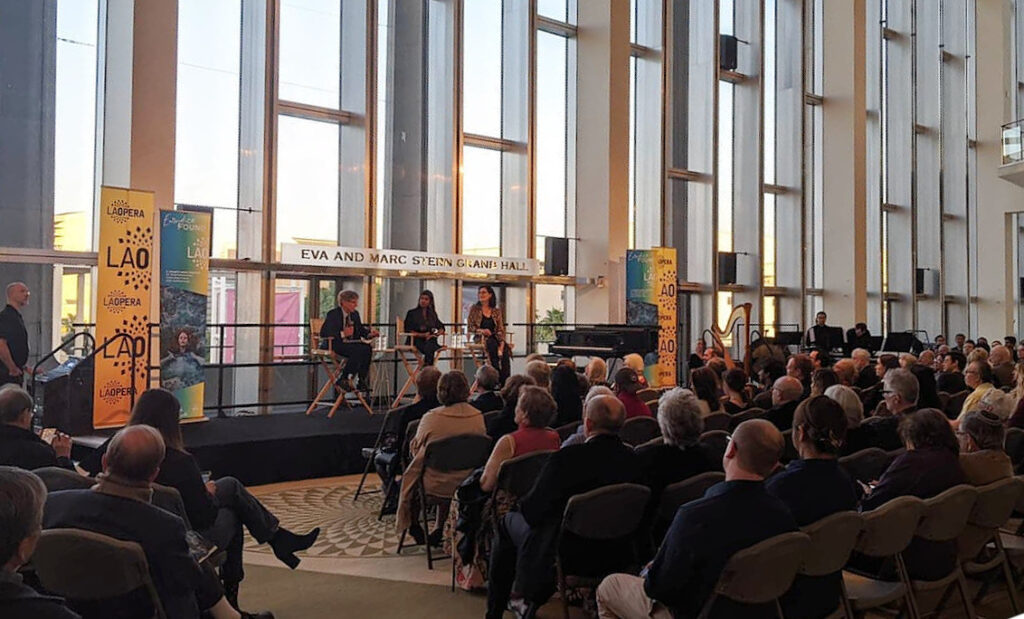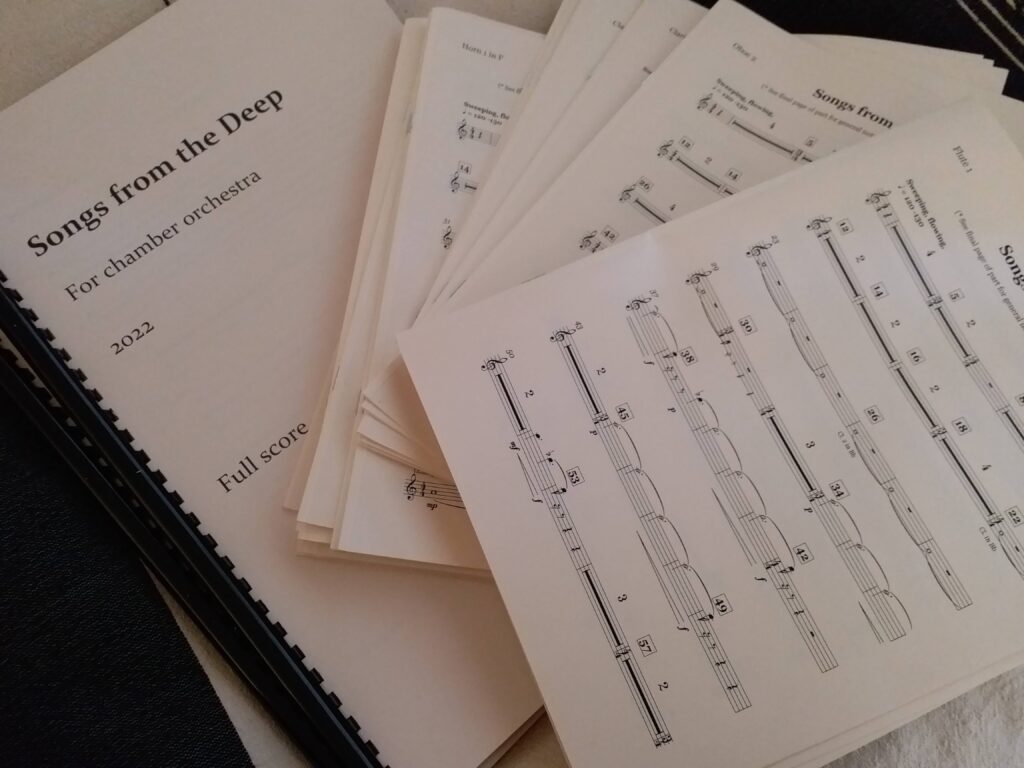As composers of new music, I think it goes without saying that we are delighted, excited and honored when someone commissions us to write a new work. The writing of something new, working with performers/conductors in rehearsal, the collaborative process is wonderful – that’s why we do what we do. But I am constantly surprised by how unclear the expectations often are from organizations commissioning new music, and how much frustration that can cause both parties. And we, the composers (usually the smaller party in the commissioning agreement) frequently wind up chasing payments, finding that we are loaded with additional work never mentioned when the agreement was reached, trying to recoup payment that should be put through as scheduled. And – to be clear – the lack of financial clarity falls hardest on composers without the socioeconomic safety net to absorb these costs.
Here, I will break down the big pieces that should be in any composer commissioning agreement, so that both parties are clear on expectations and can just focus on the amazing work that is making the music.
Commission Fee
• This is perhaps the most obvious and simplest part of the contract – how much is the fee to write the new work?
• If there is a specific funding source that should be acknowledged in the score, that should be included here as well.
• The structure of payment should also be included here – this often takes the form of first payment of $_____ on signing of the contract, and a second payment of $_____ on turning in the finished score (or a further breakdown if there are more deliverables).
Instrumentation and Length
• Exact instrumentation (including any doublings available)
• Length of work (An range within a minute or two is often very helpful)
• Availability/ permission to use electronics is also often included here.
Score/Parts Production (including stipend)
• Although more and more often organizations are requesting pdfs for scores and parts, there is still often the expectation that the composer will send in hard copies of score and parts. A stipend to the cost of this should be articulated here, or it should be clearly spelled out that that is included in the commission fee.
Any Additional Work Expected
This is a big category, and should be very carefully thought out. Many organizations take for granted or spring on the composer at a later date additional work involved. This should all be clearly articulated in the original agreement. Types of work that should be included here are:
• Any required travel for performance/rehearsals (exact dates)
• Additional outreach commitments (e.g. pre-concert talks, community outreach, publicity)
• Virtual outreach work (e.g. producing pre-recorded videos to introduce the work)
Travel (including stipend/reimbursement)
• If travel is expected as part of the additional work, the dates, stipend or reimbursement , and who is responsible to make travel arrangements should all be clarified here. If the organization will be reimbursing for arrangements made by the composer, the amount should be clearly defined.
Travel arrangements/expectations should include:
• Flights
• Accommodations
• Local Transit
Any pre-approvals needed
This is most common in projects including text, but could extend to other parameters. If the commissioning body prefer to have pre-approval on text/concept/use of electronics, etc. that should be clarified here.
Expectations on revision
This is rarely included in contracts but does sometimes show up to surprise composers in practice. If the commissioning body wants to reserve the right to request a revision, that should be clarified up front.
Deadlines and Deliverables
As clearly articulated as possible.
When are texts due for pre-approval, when are score and parts due, when are any additional items for outreach to be turned in?
Time-period for performance/recording exclusivity
If the commissioner desires performance or recording exclusivity for a fixed period of time following the commission, that should be included here. The date at which this expires should be included.
Archival Recording
Separate from the right to record the work referenced above, whether or not the work is recorded in a studio, there should be clarification made on whether archival recordings will be made from the premiere performance. This should be made available to the composer (although – as discussed below – limitations might be placed on its use.)
It is critical to clarify here any limitations on use of the archival recording, particularly in terms of public sharing. Can the recording be posted online/made available for streaming? (This often depends on rules coming from various musicians’ unions. )
With larger organizations the answer may have a caveat that only an excerpt of a certain duration may be used for promotional and marketing purposes. That maximum length should be made clear.
Ultimately, the process of commissioning, writing, collaborating on a new work is much more fulfilling (and much less fraught) if everyone involved is clear, prompt and respectful of each other’s time and work.
While these things are not unique to our field, there is often an expectation that as creative artists these details shouldn’t matter. And yet I would say the opposite is true – If we’re not up-front about details and respectfully compensating for the work we’re asking composers to do, the only people left able to do it are those with the socioeconomic standing to absorb the costs of writing new work. This doesn’t mean that only those with enormous budgets should commission music – but instead that clarifying expectations, being cognizant of how much work you are asking someone to do, and being aware of the costs they will incur to fulfill your project go a very long way.


